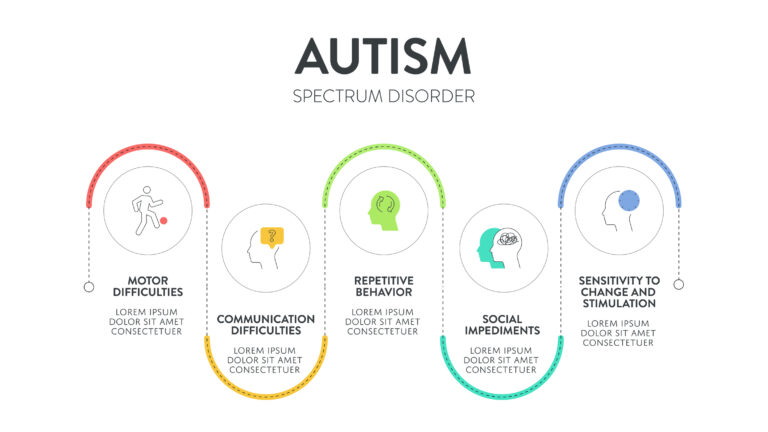Autism Everyday Skills
Autism spectrum disorder (ASD) affects individuals in various ways, including their ability to manage everyday skills. These skills encompass self-care, communication, organisation, and social interaction, all of which contribute to independent living. While autistic individuals may develop these skills at their own pace, tailored support and structured approaches can help them navigate daily life effectively.
Self-Care Skills
Self-care includes essential activities such as personal hygiene, dressing, eating, and maintaining a routine. Some autistic individuals may find these tasks challenging due to sensory sensitivities, executive functioning difficulties, or motor coordination issues. For example, brushing teeth might be overwhelming because of the sensation of the bristles or the taste of toothpaste. Similarly, dressing can be difficult if certain fabrics feel uncomfortable or if sequencing the steps required for putting on clothes is confusing.
A structured approach, such as visual schedules or step-by-step instructions, can help. Sensory-friendly products, like soft clothing or unscented toiletries, can also make self-care more manageable. Encouraging routine and consistency is crucial, as predictability can reduce anxiety and increase independence.
Communication Skills
Communication can vary greatly among autistic individuals. Some may be fully verbal, while others might rely on alternative methods such as sign language, picture exchange communication systems (PECS), or assistive technology. Difficulties in understanding verbal instructions, processing tone of voice, or recognising non-verbal cues can make conversations challenging.
Clear, concise language and visual supports can improve communication. Allowing extra time for processing and using structured conversation techniques—such as scripting responses or role-playing social interactions—can also be beneficial. Additionally, many autistic individuals find written or text-based communication more accessible than verbal exchanges.
Organisation and Time Management
Executive functioning difficulties can make planning, prioritising tasks, and managing time difficult. This can affect daily routines, school, work, and personal responsibilities. Forgetting appointments, struggling to complete tasks in order, or feeling overwhelmed by decision-making are common challenges.
Visual planners, digital reminders, and checklists can help break tasks into manageable steps. Establishing routines and using timers to indicate when to transition between activities can support time management. Encouraging a clutter-free environment and structured storage systems can also make organisation easier.
Social and Independent Living Skills
Navigating social interactions, understanding unspoken rules, and adapting to different environments can be difficult. Everyday scenarios—such as shopping, using public transport, or interacting with colleagues—may require explicit teaching. Social stories and role-playing exercises can help autistic individuals prepare for different situations.
Workplaces and educational settings can support independence by providing reasonable adjustments, such as quiet spaces or flexible communication methods. With the right strategies and support, autistic individuals can develop everyday skills that enhance their quality of life and independence.
You are here:
home » Autism Everyday Skills

